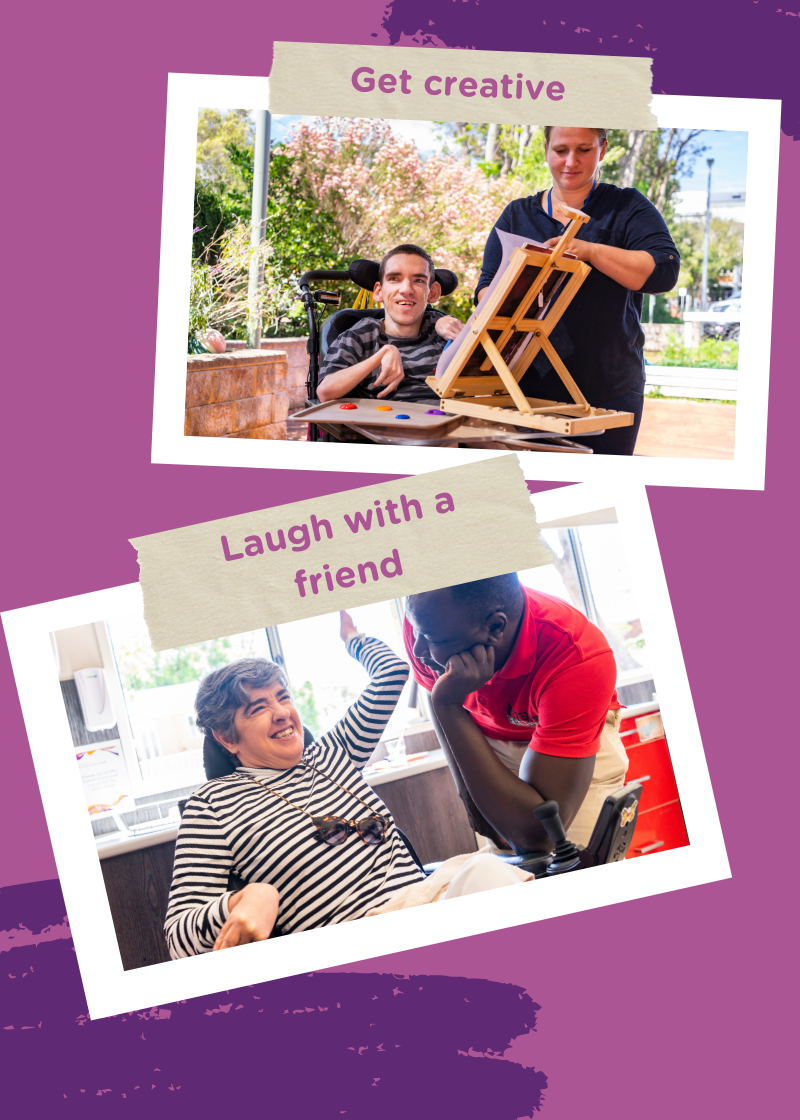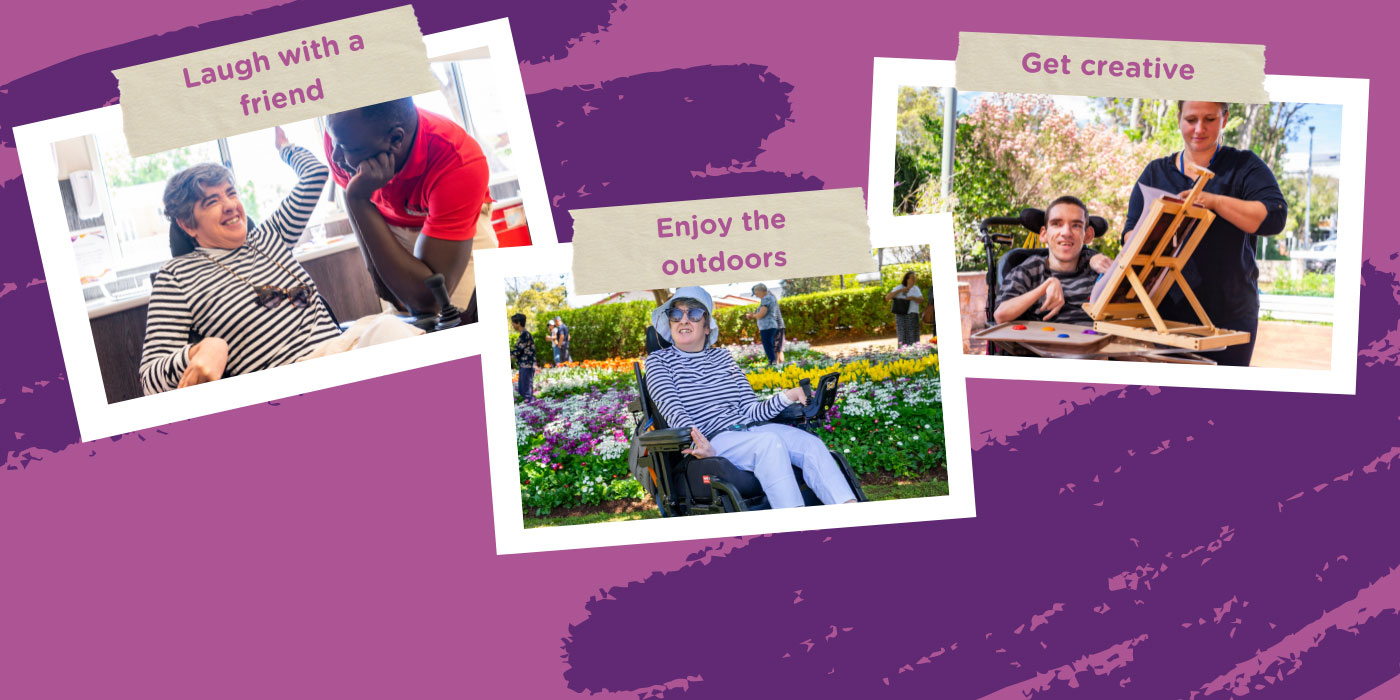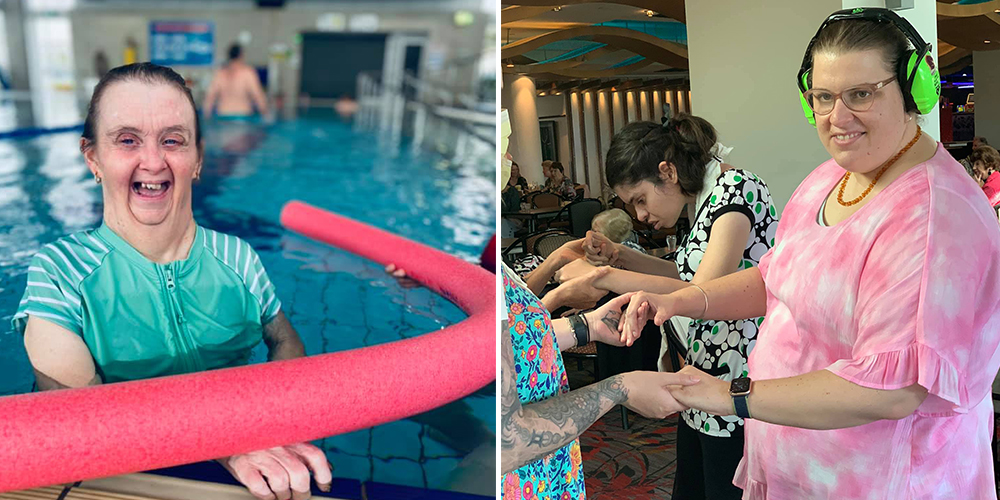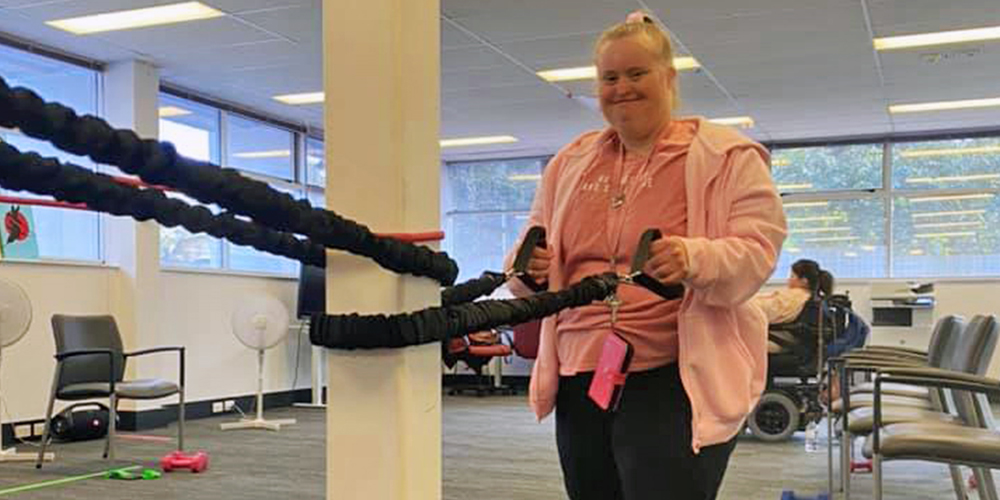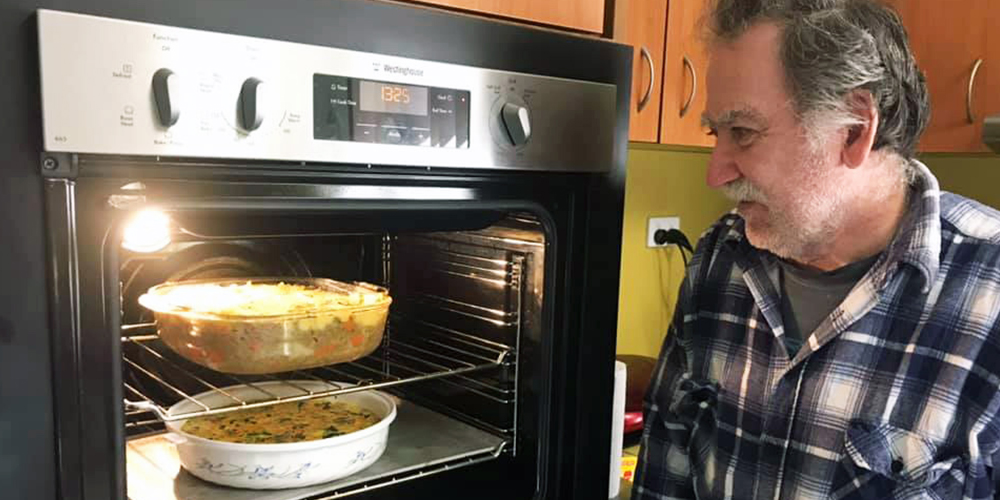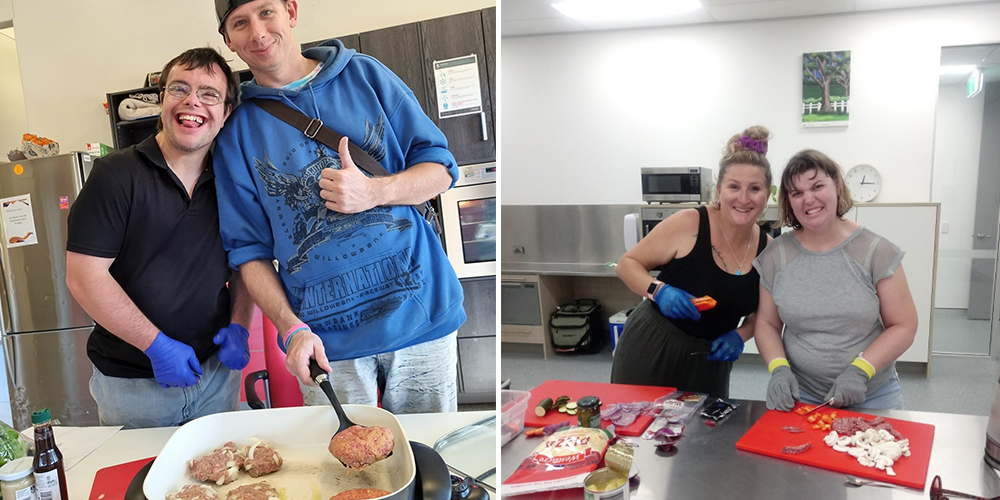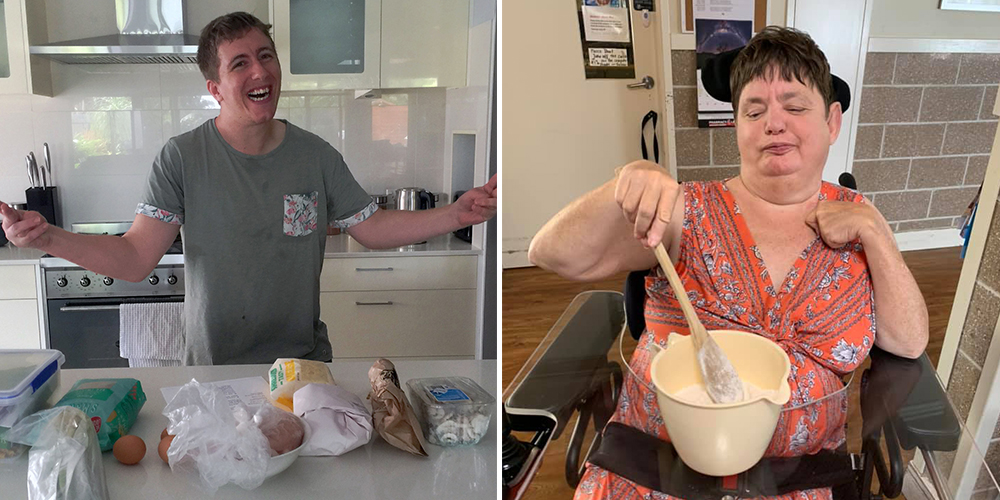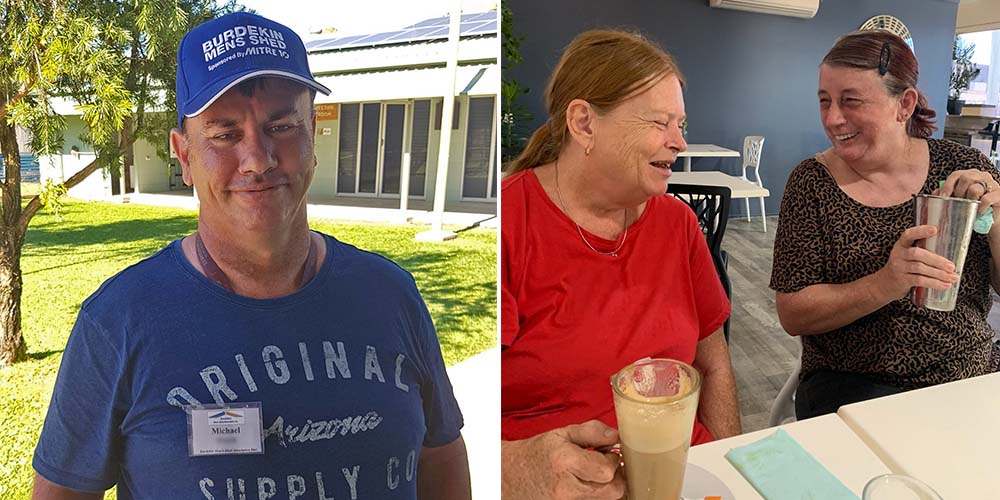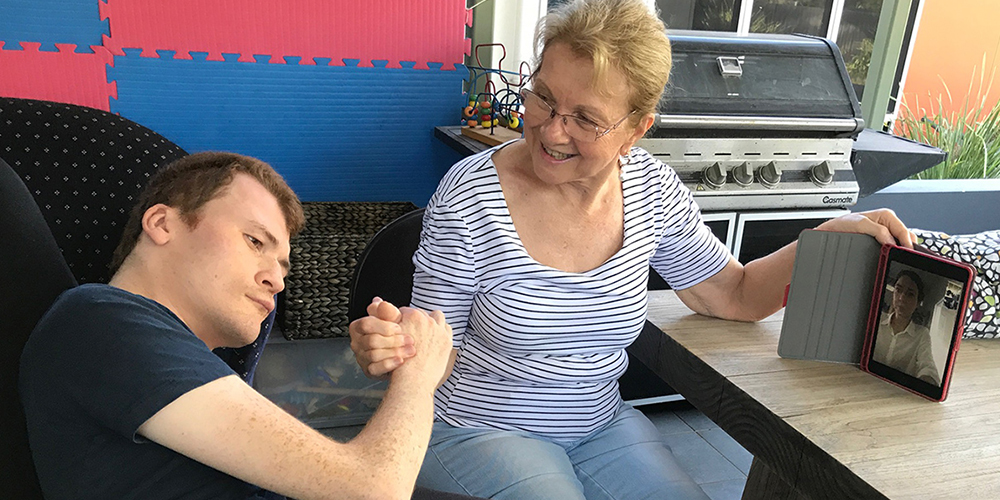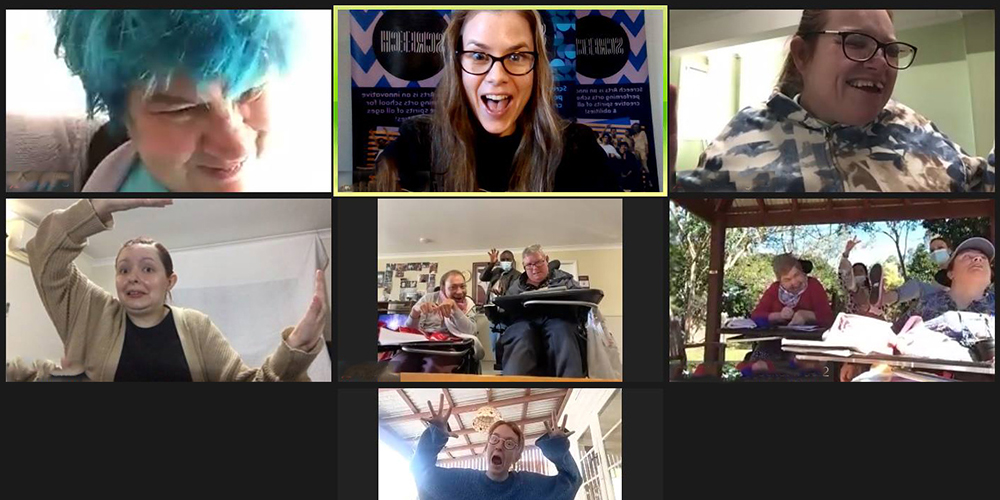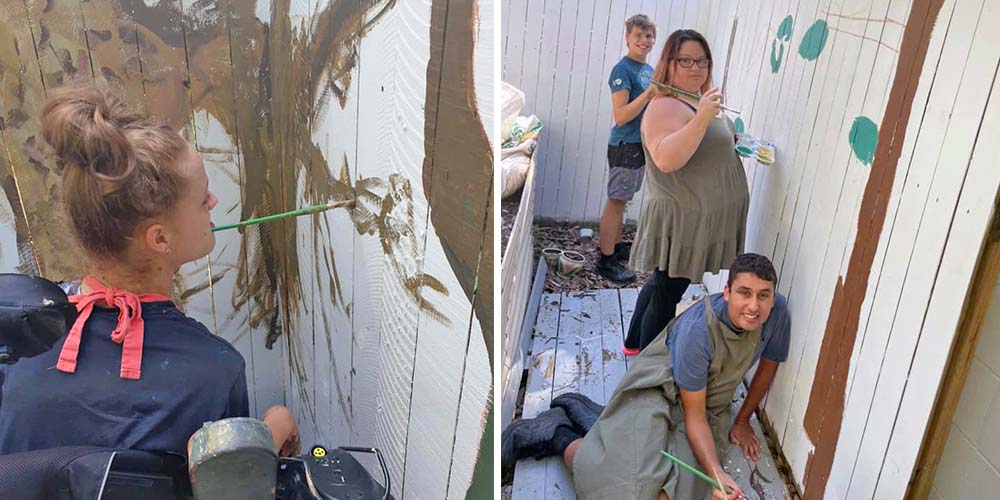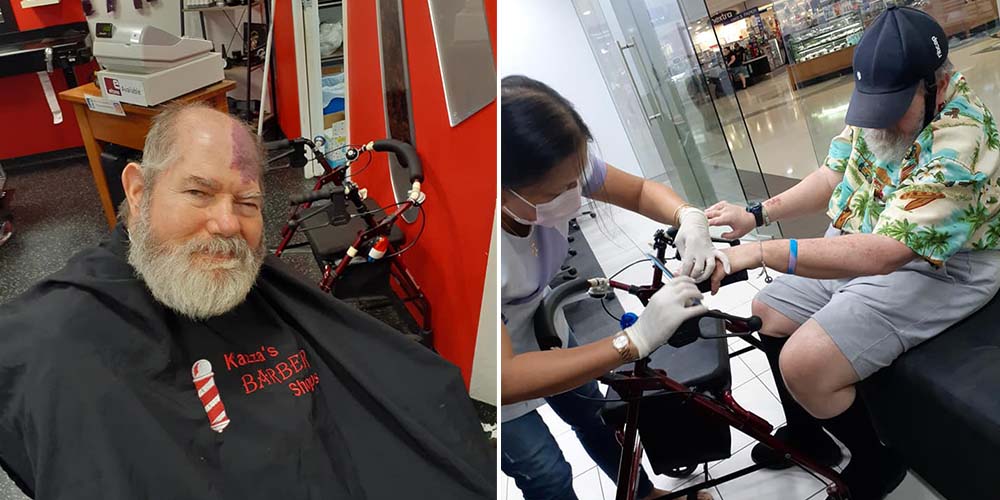One in five Australians experience mental illness every year, and for many, the impact of COVID-19 has caused increased uncertainty and anxiety.
Having good mental health means we can cope with the stresses of our daily lives, participate in loving relationships, contribute to our community, and work towards our goals.
So what can we do to look after our mental health? October is Mental Health Awareness Month and we've found some simple strategies - inspired by CPL clients - to help boost your mood in tough times.
1. Stay active
Did you know that movement, music and dance releases feel-good chemicals that boost your feelings of wellbeing? Our CPL community leads by example, sharing moments where music becomes a form of expression, togetherness and fun.
2. Be kind to yourself, and others
Remember, there is no right or wrong reaction to the uncertainties of life, particularly during a pandemic, or to worrying events. Allow yourself extra grace, and be gentle with others if you find that your mood or motivation are impacted by a changing environment.
3. Eat well
Eating a nutritious diet is great for both your physical and mental health. As much as possible, try and stick to a healthy diet even as your activities and environment change.
4. Sleep
Prioritise getting enough sleep each night to help you feel more energised and focused during the day. Getting enough rest is the foundation to protecting your mental health.
5. Connect with others
COVID-19 has made connecting with others trickier, but social connection is more important than ever. Even if you need to rely on technology to talk to friends and family, share how you’re feeling, and invite others to share with you.
6. Do something you enjoy each day
Having meaningful conversations about mental health is a great way to discover new hobbies and build new connections. No one does this better than our CPL clients! They get up to all kinds of mood-boosting, self-care activities, from painting to pedicures.
7. Seek help
It’s normal to experience anxiety and stress, but if it’s starting to interrupt your life or your relationships, talking to someone can help. Trusted friends, family, or your GP can support you to manage your mental health, or check out these online resources.
